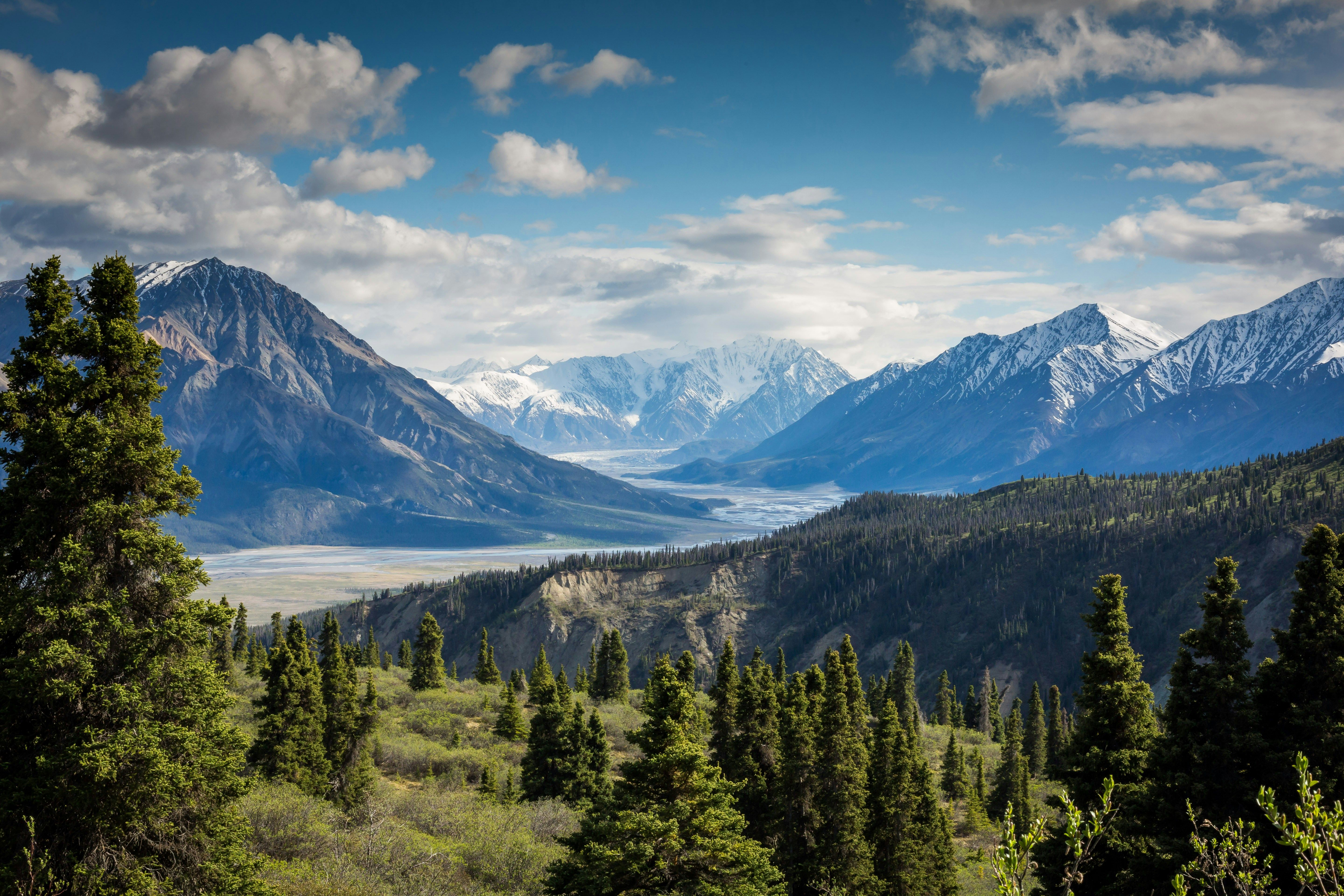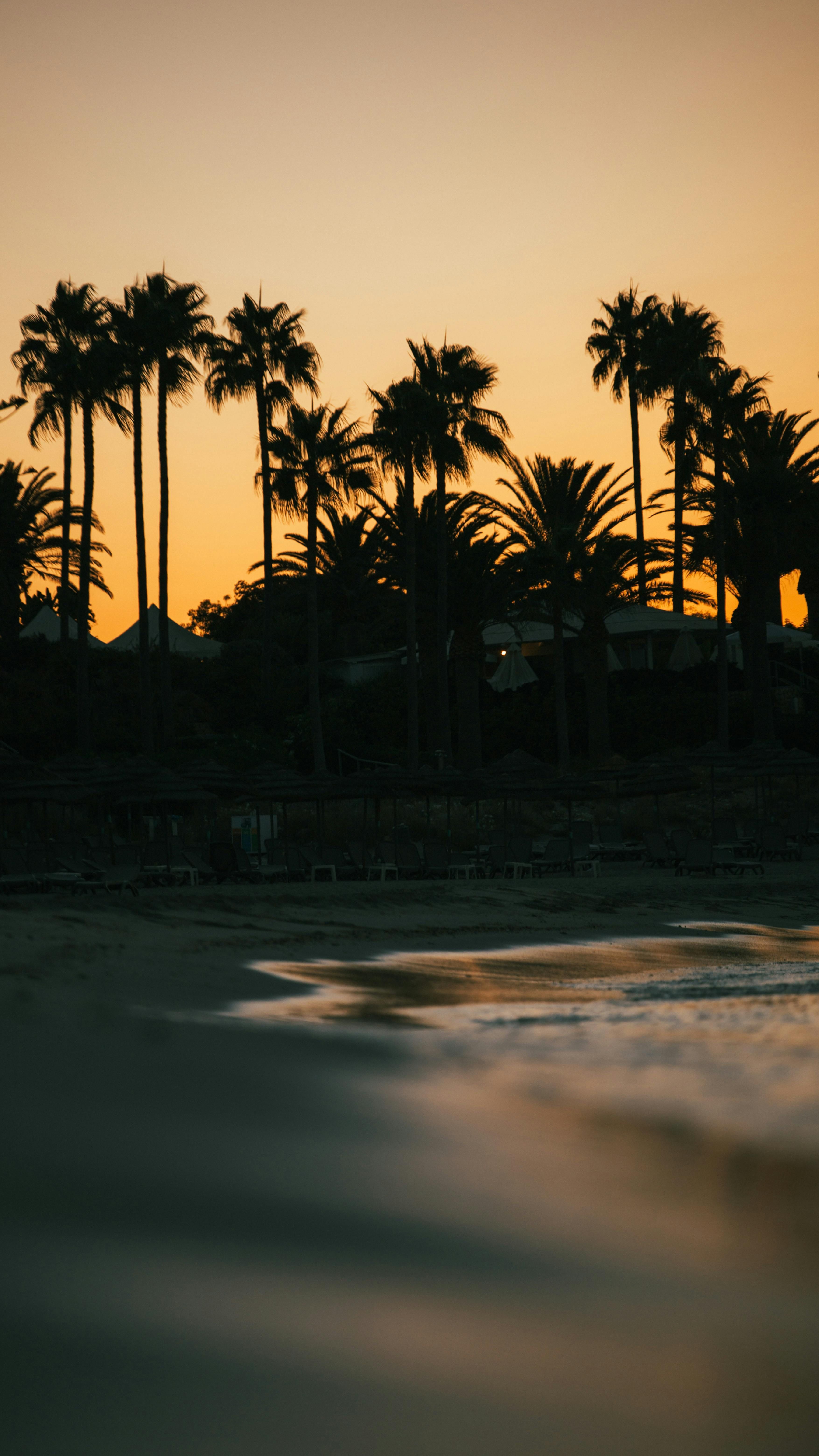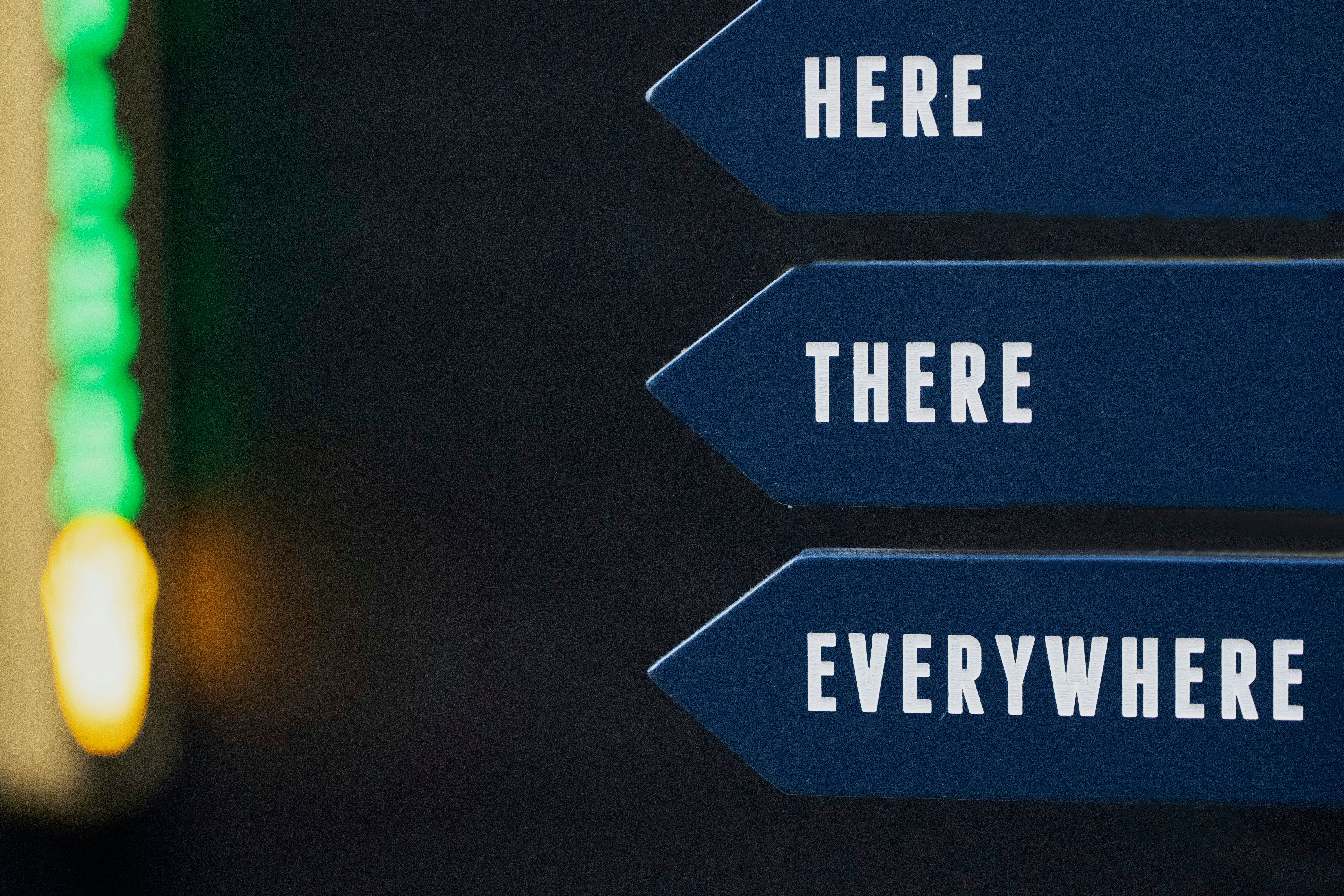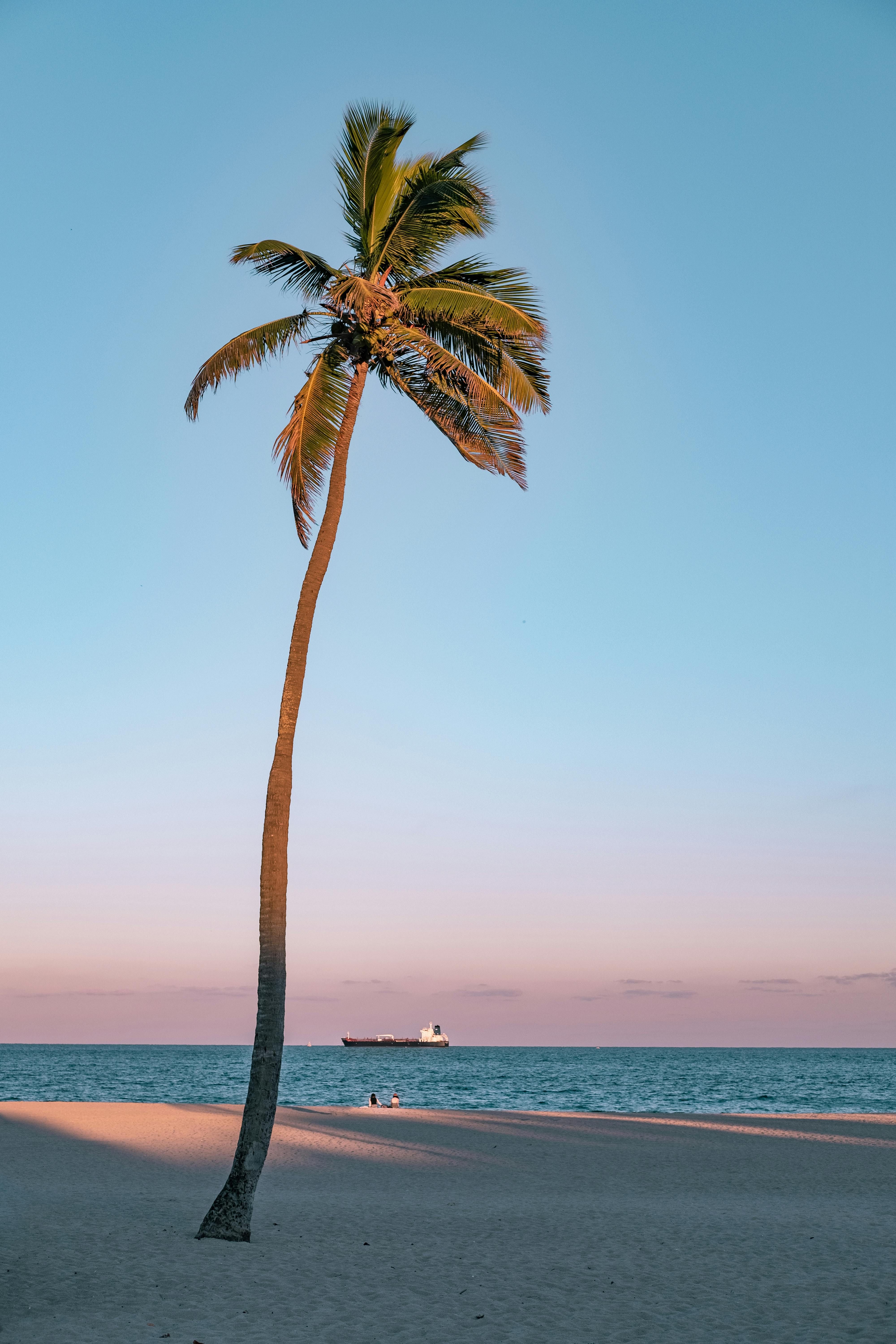"This is bullshit" Trump calls critical media coverage "unfair" and "corrupt"
Trump declares critical media coverage as "unlawful"
Got a bone to pick with the media? So does Donald Trump. In a heated speech at the Department of Justice, he slammed U.S. media outlets for critical coverage towards him, branding it "unfair," "corrupt," and "illegal."
Trump set the tone of his speech by singling out TV networks CNN and MSNBC, claiming they have a 97.6% negative bias against him. According to the former president, "they're really corrupt and illegal. What they're doing is illegal."
Who's the top law enforcement officer? In Trump's eyes, it's him. His speech at the Justice Department resembled less of a government event and more of a political rally, complete with a thunderous finish of the famous hit "YMCA" at the end.
Trump's fiery rhetoric didn't stop at media bashing. He made promises to clean house in the government, pledged to crack down on criminals in the country, and, perhaps most strikingly, vowed to equip police departments with surplus military equipment. "I want them to look strong," he said.
Trump's battle with the Fourth Estate
"This is really unfair," Trump ranted, criticizing critical coverage as strategically coordinated. He asserted that "it must be illegal. It's influencing judges."
In democracies, a free press is a protected entity. In the U.S., the protection of press freedom is enshrined in the Constitution. Yet, upon assuming office, Trump revoked access for reporters from U.S. news agency AP to his office and plane. The reasoning? They declined to use the term "Gulf of America" for the Gulf of Mexico. The White House also seized control of the press pool from the independent journalists' association, a group of rotating reporters who always traveled with the president.
On the flip side, the Trump administration welcomed numerous right-wing media, influencers, bloggers, and podcasters. These figures, often referred to as "new media," asked Trump favorable questions at press conferences and served as prompts for his own statements. Their supportive role was in stark contrast to other media outlets whose critical reporting angered the president.
TheUnique Trump-Justice Department Relationship
Trump sees himself as the "top law enforcement officer" in the United States, although the title officially belongs to the Attorney General and the General Counsel. This unconventional perspective on his role regarding the judiciary, combined with his statements about media coverage, raises questions about the separation of powers in a democratic rule of law system.
Trump's unique relation with the judiciary extended to his own legal woes. He became the first former U.S. president to be indicted in four criminal cases before the start of his second term. He was even convicted in one case, which involved concealing a hush-money payment to a porn star.
In his speech, Trump did not mince words, using harsh language to refer to attorneys investigating him and dismissing charges against him as "bullshit." He threatened to remove "thugs and corrupt forces" from government and hold them accountable for "outrageous crimes" and "serious misconduct."
Trump's relationship with the DOJ took a tumultuous turn after he took office. He fired several employees involved in investigations against him, appointed critics of the FBI to high-ranking government positions, and even pardoned all criminals involved in the January 6, 2021 Capitol attack. This move included violent criminals and prominent white supremacists who had attempted to sabotage the democratic power shift and overturn Trump's 2020 presidential election loss with violence.
Sources: ntv.de, toh/dpa
Keywords: Donald Trump, USA, Media, Politics, Justice Department, Capitol Attack, Independence of the Judiciary
- The European Union and its Member States, upon learning about Trump's criticism of media outlets like MSNBC, may question the legitimacy of his allegations of illegal concealing and bias, given his history of contentious relations with the press.
- Trump's branding of media outlets as "illegal" during his speech could lead to discussions on msnbc and other networks, analyzing whether his assertions are supported by evidence and whether such accusations infringe on the constitutional rights to a free press.
- Given Trump's references to critical media coverage as "unfair" and "corrupt," it remains questionable whether he will receive impartial reporting from international news agencies such as the pool, considering his controversial approach toward the media.







